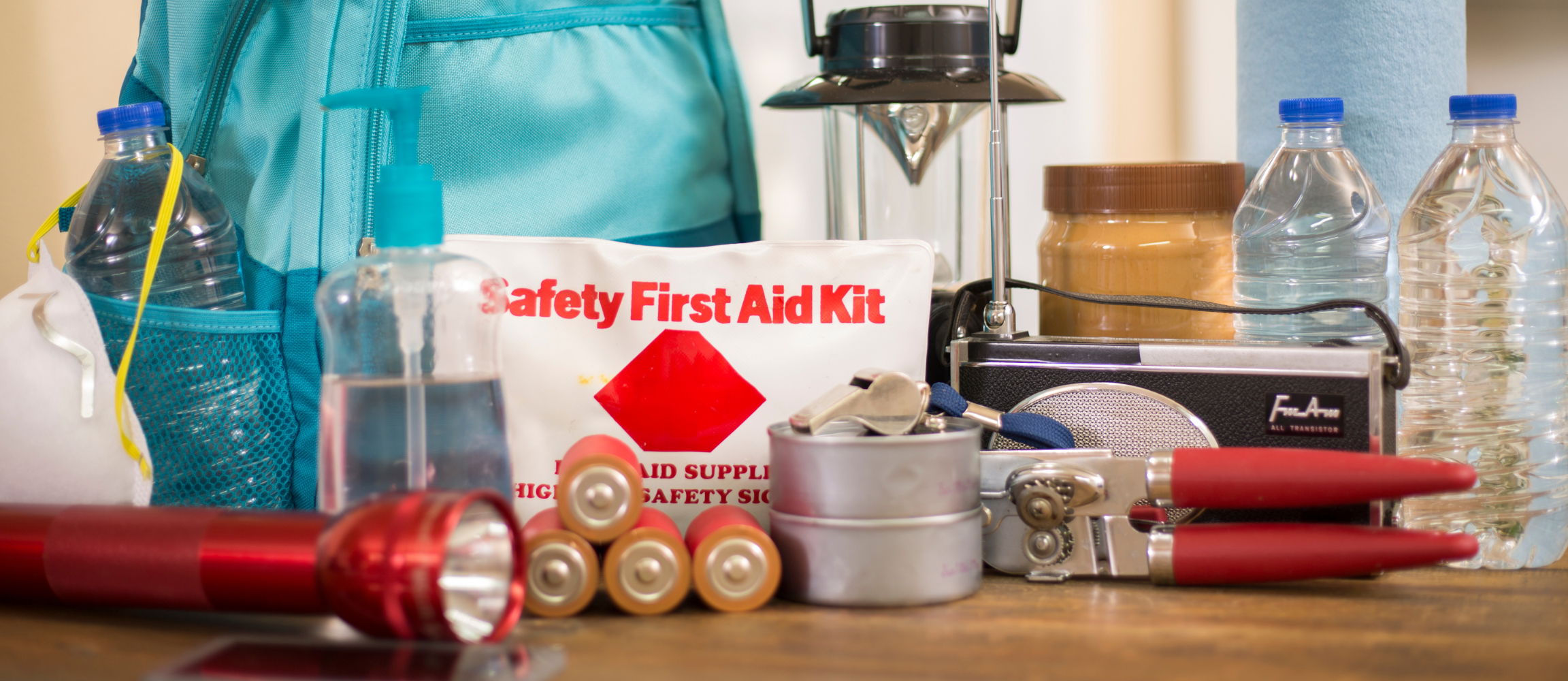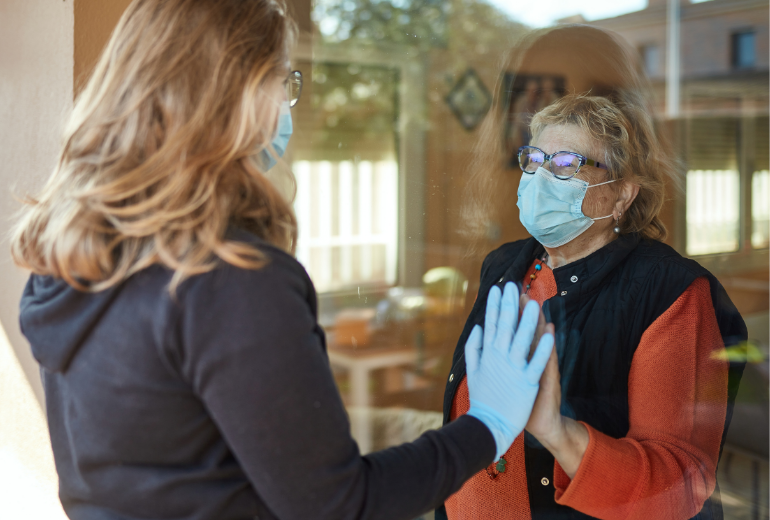This hurricane season is predicted to be one of the most active in recent history. It’s important to know how to keep your family safe if find yourself in a storm’s path. Most Floridians know the drill: Prepare sandbags, stock up on food and water, put away lawn furniture and have a safe place to shelter in your home. But are you prepared to meet your family’s medical needs in an emergency?
Here are Tallahassee Memorial HealthCare’s (TMH) top tips to help you medically prepare for hurricane season.
Prepare an Emergency Supply Kit
In the event of a hurricane – or any disaster, for that matter – you may find yourself without electricity, transportation or access to pharmacies and grocery stores for several days. Prepare by assembling an emergency supply kit that contains the essentials your family may need, including health-related items. Review the Federal Emergency Management Agency’s (FEMA) comprehensive checklist. Here are some of the most important items:
- Water and food: Aim to have a week’s worth of water and non-perishable food on hand for everyone in your household. Allot each person one gallon of water per day and remember to pack a manual can opener.
- Medications: If you or any of your household members require daily medication, prepare at least an extra seven-day supply for emergencies; two weeks is ideal. Call your healthcare provider or pharmacy before the storm is close; they’ll typically allow you to refill prescriptions early in preparation for a storm. Don’t forget over-the-counter medications too, like ibuprofen, acetaminophen, antacids, allergy medications and vitamins.
- First aid kit and medical supplies: A first aid kit is an emergency preparedness staple. Make sure yours is always fully stocked and easily accessible. Your disaster kit should also include medical supplies specific to your and your family’s needs, like extra batteries for hearing aids, blood testing strips and insulin, spare glasses or contacts and syringes.
- Medical documentation: Keep a folder containing all important medical documentation for your family. Include a list of each person’s allergies, medications, pharmacy, medical history, doctors, emergency contacts and copies of your insurance cards. Make sure to seal it in an airtight, waterproof bag.
- Personal care items: Your emergency kit should also have personal hygiene items like hand sanitizer, toothbrushes and toothpaste, baby wipes, feminine products and soap.
- Infant and child items: If you have young children, be sure to have a week’s supply of items like diapers, a battery-powered breast pump, a thermometer, infant formula, bottles, wipes and diaper rash cream on hand.
Once your kit is assembled, store all items in a couple easy to carry containers, like plastic storage bins or duffle bags, and put them in an easy-to-access location. You never know when you’ll need to evacuate your home and you’ll want to bring these items with you.
Check for Household Hazards
With hurricanes come unexpected hazards, even in your own home. High-speed winds, flooding and structural damage can turn ordinary items into dangerous ones. Anything that might move, fall, break, present a tripping hazard or catch fire is a risk. Before a storm reaches you, secure or move items like bookcases, hanging frames, overhead lights and rugs that could hurt you or block a potential escape path.
Familiarize Yourself with Local Shelters
In case of a voluntary or mandatory evacuation, familiarize yourself with the local emergency shelter closest to your home that meets your family’s needs. If you or a member of your household has a physical, mental or cognitive condition that requires special care, they may need a special needs shelter. If they are medically stable but need help with basic tasks or use an electronic medical device and have no other evacuation options, they should pre-register for a special needs shelter at SNR.FloridaDisaster.org.
For even more information about emergency preparedness, visit your county’s emergency management website.
- Leon County
- Gadsden County
- Wakulla County
- Jefferson County
- Madison County
- Taylor County
- Franklin County
- Liberty County
- Calhoun County
- Jackson County
If you have questions specific to your medical needs, contact your healthcare provider now to ensure you have a game plan should disaster strike.
If you don’t have a primary care provider, it’s not too late to find one! TMH Physician Partners has primary care clinics across the Big Bend that are currently accepting patients. Find the location closest to you.





